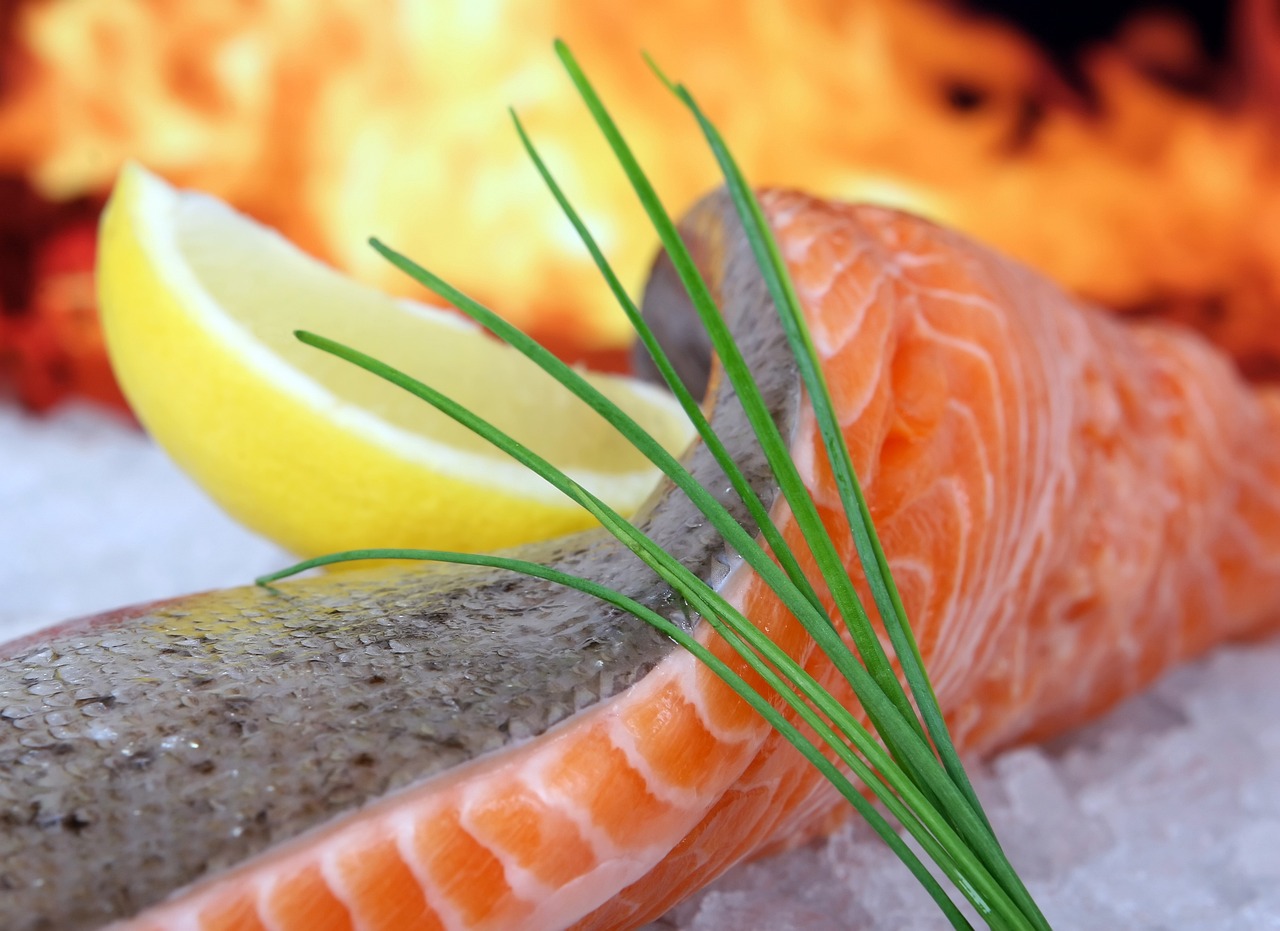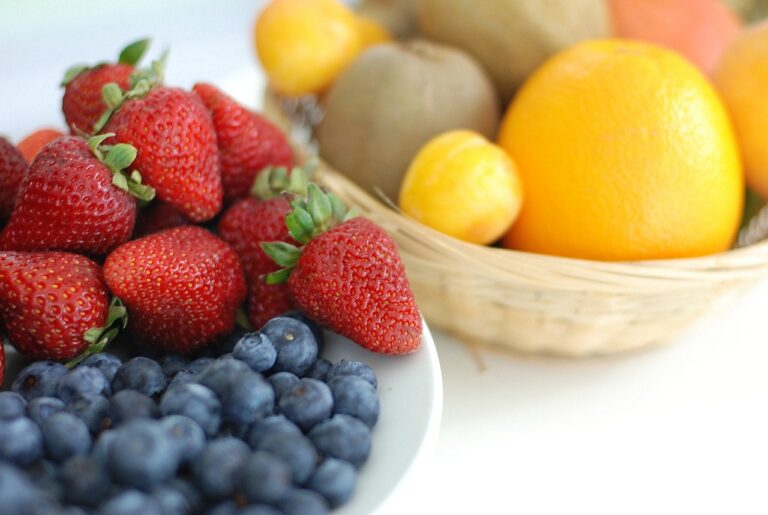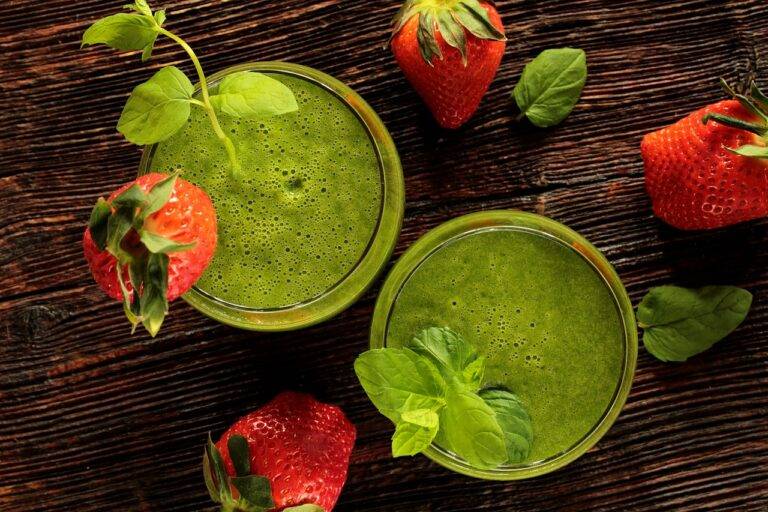The Potential of Insect-Based Feed for Egg Production
allpaanel, mahadev book login registration, cricket id online:The Potential of Insect-Based Feed for Egg Production
In recent years, there has been a growing interest in alternative sources of feed for livestock, particularly poultry. With concerns about sustainability, environmental impact, and animal welfare becoming increasingly important in the agricultural industry, many farmers are looking for innovative solutions to meet the growing demand for poultry products. One such solution that has been gaining traction is the use of insect-based feed for egg production.
Insects as a feed source may sound unconventional, but they actually offer several advantages over traditional feed sources such as soybean meal or corn. Insects are high in protein, essential amino acids, and micronutrients, making them an excellent source of nutrition for poultry. In addition, insects have a lower environmental footprint compared to traditional feed sources, requiring less land, water, and energy to produce.
But how exactly can insect-based feed benefit egg production? Let’s delve into the potential of insect-based feed and its impact on egg quality and production.
1. Nutritional Benefits of Insect-Based Feed
Insects are a highly nutritious source of protein for poultry. They are rich in essential amino acids such as lysine, methionine, and tryptophan, which are crucial for egg production and quality. The protein content of insects can range from 30% to 70%, depending on the species and life stage. This high protein content makes insects an ideal supplement for laying hens, helping them meet their daily protein requirements for optimal egg production.
2. Improved Egg Quality
Studies have shown that incorporating insect-based feed into poultry diets can lead to improvements in egg quality. Eggs from hens fed insect-based diets have been found to have higher levels of omega-3 fatty acids, vitamin E, and carotenoids compared to eggs from hens fed traditional diets. These nutrients can have a positive impact on human health, making insect-fed eggs a value-added product in the market.
3. Environmental Sustainability
One of the key advantages of insect-based feed is its low environmental impact. Insects can be reared on organic waste streams, such as food scraps and manure, minimizing the need for synthetic fertilizers and reducing greenhouse gas emissions. In addition, insect farming requires less land and water compared to traditional livestock farming, making it a more sustainable option for feeding poultry.
4. Cost-Effectiveness
Insect-based feed can also be a cost-effective solution for egg producers. Insect farming can be done on a small scale and with minimal infrastructure, reducing the capital investment required compared to traditional feed production. Additionally, insects can be reared year-round, providing a reliable source of feed for poultry even in times of feed shortage or price volatility.
5. Consumer Acceptance
While the idea of insect-fed eggs may be novel to some consumers, there is a growing interest in sustainable and ethically produced food products. As consumers become more aware of the environmental impact of conventional agriculture, there is a greater demand for alternative sources of protein that are produced in a more sustainable and humane manner. Insect-fed eggs can position producers as environmentally conscious and socially responsible, appealing to consumers looking for eco-friendly food options.
6. Regulatory Considerations
Despite the numerous benefits of insect-based feed for egg production, there are still regulatory barriers that need to be addressed. In many countries, insects are not approved as a feed ingredient for poultry, posing a challenge for farmers looking to incorporate insect-based feed into their operations. Regulatory bodies need to develop guidelines and standards for insect farming and feed production to ensure the safety and quality of insect-based products for animal consumption.
In conclusion, insect-based feed has the potential to revolutionize egg production by offering a sustainable, nutritious, and cost-effective alternative to traditional feed sources. With the right regulatory support and consumer education, insect-fed eggs could become a mainstream product in the poultry industry, benefiting both producers and consumers alike.
FAQs
Q: Are insect-fed eggs safe for human consumption?
A: Yes, insect-fed eggs are safe for human consumption. Insects used as feed are reared in controlled environments and undergo rigorous quality control measures to ensure they are free from contaminants.
Q: Do insect-fed eggs taste different from traditional eggs?
A: The taste of insect-fed eggs is similar to traditional eggs, but some consumers may notice a difference in flavor due to the higher levels of omega-3 fatty acids and carotenoids in the eggs.
Q: Can I buy insect-fed eggs at my local grocery store?
A: Insect-fed eggs are not yet widely available in grocery stores, but some specialty markets and direct-to-consumer suppliers may offer them. Alternatively, you can inquire with local egg producers about their feed sourcing practices.
Q: How can I start feeding my hens insect-based feed?
A: If you are interested in incorporating insect-based feed into your poultry operation, you can start by researching insect farming methods and suppliers in your area. Consider partnering with a feed company that specializes in insect-based feed to ensure your hens receive the right nutritional balance.







